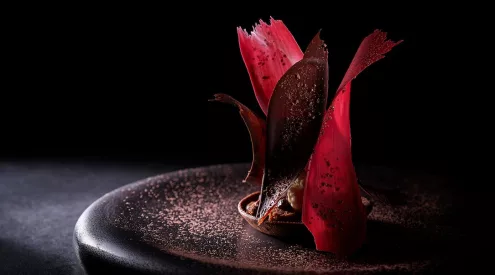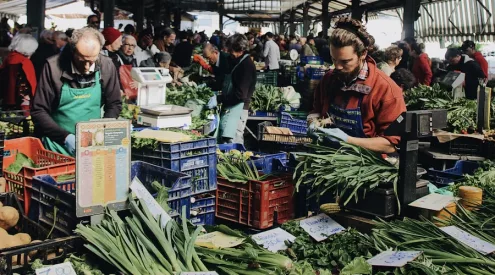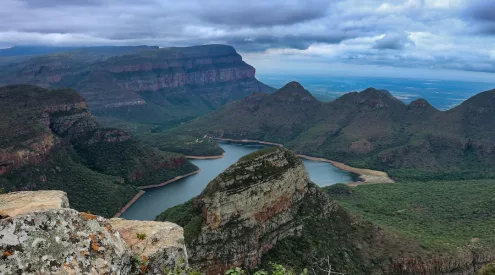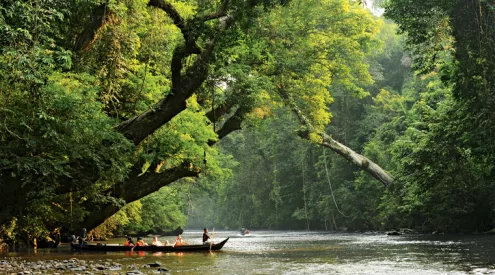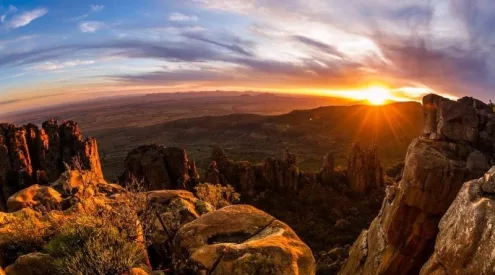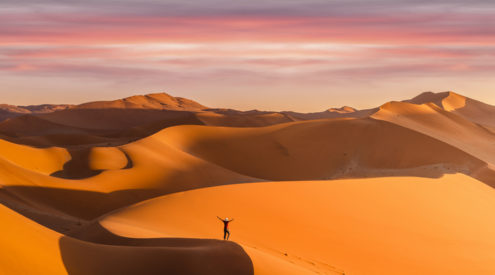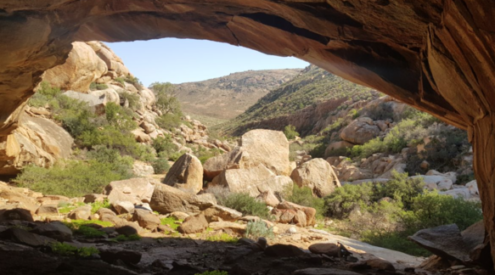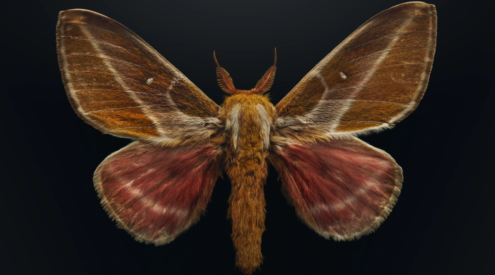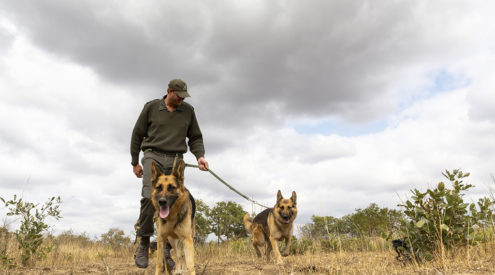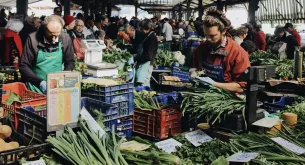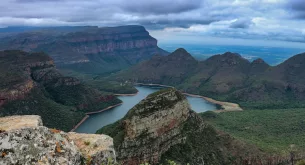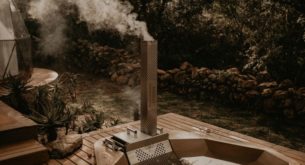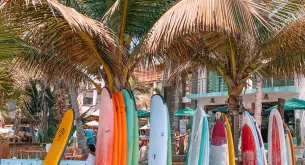I guess you either love the Karoo or you don’t. Like some, it wasn’t love at first sight for me either. I would describe it rather like an arranged marriage; the more I got to know about it, the more I fell in love.
When I was a child one often heard how people dreaded the long trip through the Karoo en-route to the Cape. This was the notion impressed upon my mind long before I had the opportunity to see it for myself. Since then, I’ve enjoyed many wonderful times in the Karoo which are stashed in my memory bank.
What memories do the Karoo hold for you? For me, it’s spotting my first satellite, threading its way through a sky of clotted stars 21 years ago; it’s spontaneously meeting a medical doctor, who is also a botanist, who also chauffeurs the local matrics to their year-end dance in his gold Rolls Royce; it’s a solitary summer evening on a sheep farm searching for Orion’s Belt, the Milky Way and the Southern Cross; it’s finding tiny tortoises endemic to the region; it’s springbok pie and Karoo lamb; it’s the time I saw the Karoo through one eye because the other was bandaged closed from an injury; it’s the time a farmer and his wife took us on a bumpy night drive in search of nocturnal life; or sitting down to dinner with an eccentric host whose theatrics increased the more he imbibed. For this city girl, it’s a place that has persistently wooed me and successfully purloined my affection.
So, those who might want to hightail it through the Karoo as fast as possible will sadly miss out on a kaleidoscope of adventure unique to this region.
Our most recent trip through the Karoo, just this past week in fact, found us conversing about a potential threat to the Karoo that could change the future forever, and leave us with just our memories.
The controversial application by various gas and oil companies to explore the Karoo for natural gas is causing a monumental ruckus. The application involves exploring the region for gas using a method known as hydraulic fracturing also known as fracking.
After doing some research into fracking I soon discovered, amongst other things, that this is a debatable and technical topic. There are so many informative articles on the subject of fracking, written by scientists, environmentalists, professors and other qualified experts, that I don’t really think it’s necessary to rewrite what has already been said. I have added a couple of links at the end of this post for your perusal. Also have a look at a recent Getaway blog post by Kelsey Wiens, entitled What the frack is going on in the Karoo?
There is still much speculation abounding … with more questions than answers. Suffice it to say this is not intended to be an academic nor an educational account on fracking.
The Karoo is a pristine environment, characterised by historical towns, cultural diversity, scrubby flora, elusive fauna, a fragile ecosystem and enterprising humans. Ostrich, sheep, and angora farming, along with agriculture, play a substantial role in contributing to the livelihood of local communities and the greater South African economy. With some of the oldest rock and fossils found in the Karoo, archaeological and palaeontological tourism is a growing attraction.
While fracking has only recently become a contentious issue in South Africa, America has had enough time to positively link a number of health disorders like cancer, Alzheimer’s, Parkinson’s and endocrine disruption to the use of toxic chemicals in the fracking process. Should the exploaration permits be granted, the question one might want to ask is, ‘Are benign explorations possible?’
Through the decades mankind has suffered untold tragedies in the pursuit of progress.
The 1940s saw the introduction of the first synthetic pesticide known as DDT (dichlorodiphenyltrichloroethane). So astounding was its harmful effect on human and animal life that it provided the impetus for the birth of the environmental movement and the subsequent banning of the substance. Ironically, the chemist who manufactured the pesticide won the Nobel Prize in Physiology or Medicine for his discovery.
How can we forget in the late 1950s when the drug Thalidomid was introduced to prevent morning sickness in early stages of pregnancy? Labelled as ‘one of the biggest medical tragedies of modern times’, the drug proved to be the cause of severe birth defects.
In addition, long-term use of the common contraceptive pill, introduced in the 1960s, has been linked to stroke and cervical cancer.
The late 1960s and early 1970s saw the peak of asbestos mining. Lung cancer, caused by exposure to asbestos mining, has since become one of the highest killers in the world.
In the 1980s we saw the nuclear catastrophe at Chernobyl. 25 years later they are still experiencing malformations and mutations. How can we refute the conclusive medical evidence that has endorsed countless court cases and innumerable insurance payouts in these matters?
Experts estimate the lifespan of the fracking project to be between 10-25 years. And then what? How do the short term benefits outweigh the long-term consequences? Why are we not seeing conglomerates using their influence and money to conduct constructive research and development into renewable and sustainable energy? Perhaps they are. So why the fervent pursuance of fossil fuels? I think we all know the answer to that.
Environmental Education Specialist, Carol Ruhl, offers sage advice, ‘The environmental profession often requires cooperation and negotiation between very different groups with very different, sometimes conflicting interests (for example, between regulators, the regulated, and citizen watchdogs). It is important to be open minded and willing to compromise. One valuable tool is to learn to see the other party’s perspective, to understand why they are so adamant about a certain point, and to use that understanding to your advantage while solving the issue.’
In February 2011, President Zuma delivered his State of the Nation address. He said, ‘The mineral wealth of our country is a national asset and a common heritage that belongs to all South Africans, with the state as the custodian.’
Because I am emotionally attached to the Karoo I’m persuaded to ask, ‘Is there a David out there? It only takes a sling and one small stone, planted in the sweet spot, to bring Goliath down.’ Or is it a matter of trust? Should we suffer the misfortune of our collective voice becoming impotent, or do we trust our custodians to make an ethical decision on our behalf?
Links
A beginner’s guide to fracking: http://www.karoospace.co.za/karoo-space-magazine/talking-point/102-shale-gas-exploitation-of-the-karoo-a-beginners-guide-to-fracking
The Green Times: http://www.thegreentimes.co.za/index.php?id=0&storytype=1&storyaction=viewstory&storyid=831
Gasland The Movie: http://www.gaslandthemovie.com/whats-fracking

